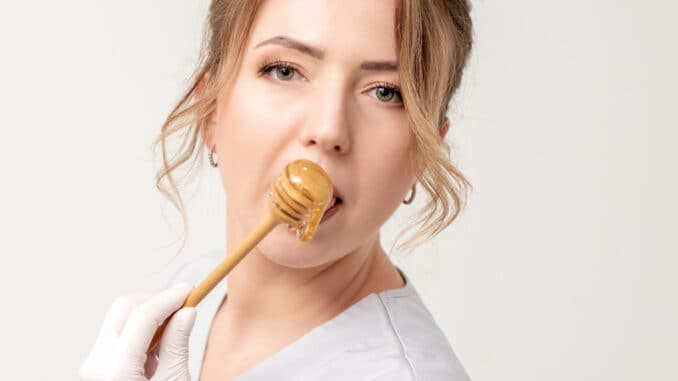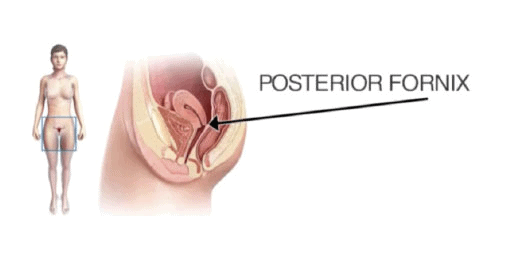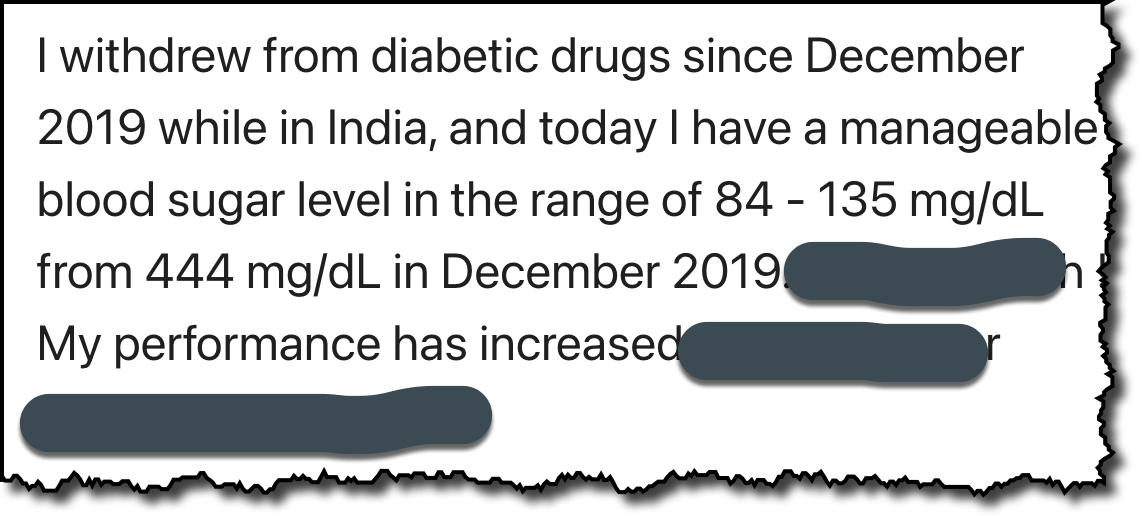
And here’s proof that you may need to be eating more!
—-Important Message From Our Sponsor—-
Wives and girlfriends exposed (watch)
The truth is… size does matter…
Because most men aren’t able to reach this hidden magical spot inside a woman that gives her the kind of full body O’s she’s looking for…
In fact, the spot is actually the deepest part of the vagina along the back wall slightly past her cervix…

…which, depending on how deep she is down there, means that a man needs somewhere between 7.2 and 8 inches to stimulate this spot and make her gush like a geyser…
And less than 1 in 100 men possess one of these holy grail members!
So what can a man do?
———-
This type of sugar is actually good for your health
Fructose is a common natural sugar mostly found in fruits.
It can also be refined and used in other foods.
Fructose makes up 50% of sucrose — aka table sugar.
In recent years, due to some really poor science, many people have come to believe that fructose causes metabolic problems, including diabetes.
The reality is that those common beliefs could not be further from the truth.
High quality human trials have shown that fructose can improve blood sugar control in diabetics — WITHOUT affecting insulin levels.

This review of human studies was carried out at the Clinical Nutrition and Risk Factor Modification Center of St. Michael’s Hospital in Toronto, Canada. The results were published in the journal Diabetes Care.
Blood sugar control problems predict the risk of cardiovascular disease and metabolic dysfunction.
The idea that fructose causes these health problems has become widespread but controversial.
“The effect of fructose and cardio metabolic risk factors in humans is controversial.”
Much of the controversy revolves around feeding animals vast amounts of fructose in drinking water and extrapolating the results to humans.
Some of the research has been done in apes and monkeys — animals with very different digestive systems to humans.
Some studies have pointed out that the negative effects of fructose water in these animals is also dependent on gut bacteria.
But there is quite a lot of human research on the subject too. So this study was set up to analyze the best human data to date.
“We conducted a systematic review and meta-analysis of human controlled feeding trials to clarify the effect of fructose on glycemic control in individuals with diabetes.”
The researchers took information from high quality human trials which lasted a minimum of seven days.
The trials were required to have taken relevant blood samples from the volunteers.
“Research databases for relevant trials which gathered information on fasting blood glucose, HbA1c and insulin.”
The researchers found 18 high-quality trials. Over 200 people were included in this research.
These studies substituted fructose for other carbohydrates on a calorie-by-calorie basis.
So the researchers compared the effect of fructose versus other carbs on blood sugar and insulin readings.
The researchers were primarily interested in HbA1c — glycated proteins.
This test is a great marker of medium to long term blood sugar control.
Improved HbA1c means that blood sugar spikes and dips have been decreased.
Increasing fructose in place of carbohydrates improved HbA1c.
“Exchange of fructose for carbohydrate reduced glycated blood proteins HbA1c.”
The fact is that fructose does not impair blood sugar control or other metabolic factors in humans.
Substituting fructose for other carbohydrates actually improves blood sugar control.
Remember, these studies are in people with type II diabetes.
“Isocaloric exchange of fructose for other carbohydrates improves long-term glycemic control, as assessed by HbA1c.”
The reduction in HbA1c was above the level deemed clinically beneficial by the US FDA.
“The observed reduction in glycated blood proteins may be considered clinically significant.”
Substituting fructose had a similar effect on blood sugar control to that seen from treatments.
“This reduction exceeds the clinically meaningful threshold of ≥0.3% proposed by the U.S. ‘FDA’ for the development of new ‘treatments’ for diabetes and lies at the lower limit of efficacy expected for oral hypoglycemic agents.”
The researchers found no significant differences in insulin levels or fasting blood sugar in these fructose experiments.
“Exchange of fructose for other currents did not affect insulin or fasting blood sugar in people with diabetes.”
The research indicates that fructose may be beneficial, rather than harmful. The authors called for more detailed research into the topic.
“To confirm these findings, larger and longer fructose feeding trials assessing possible benefits and adverse effects are required.”
The one caveat here is regarding large amounts of liquid fructose, such as sugar sweetened beverages.
These can allow rapid bacterial fermentation in the stomach in some people, which can lead to problems.
Ripe, fresh fruit is the perfect natural delivery mechanism for fructose!
—-Important Message About Getting Perfect Blood Sugar—-
Hey, Matt Cook here, and Metformin is probably one of the nastier treatments for men with blood sugar problems…
The bad part about Metformin is in this video I made (and also some other really terrible treatments for diabetes that you might be on…never discontinue without talking to your physician)
Warmly,
–Matt Cook
P.S. This guy got some great help:

This is from “A” from India…of course, I blanked out personally identifiable information.
———-

Effect of fructose on glycemic control in diabetes: a systematic review and meta-analysis of controlled feeding trials.
